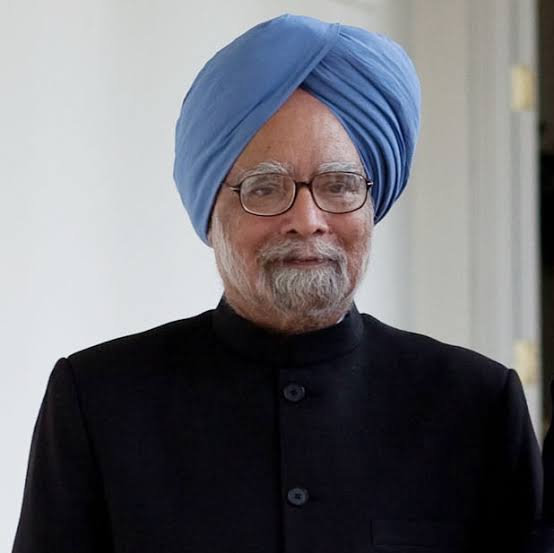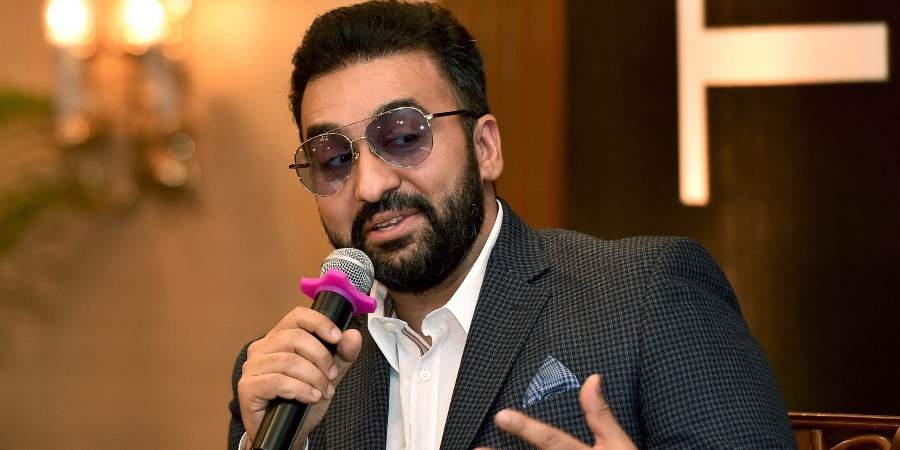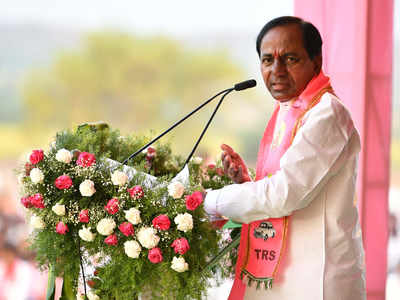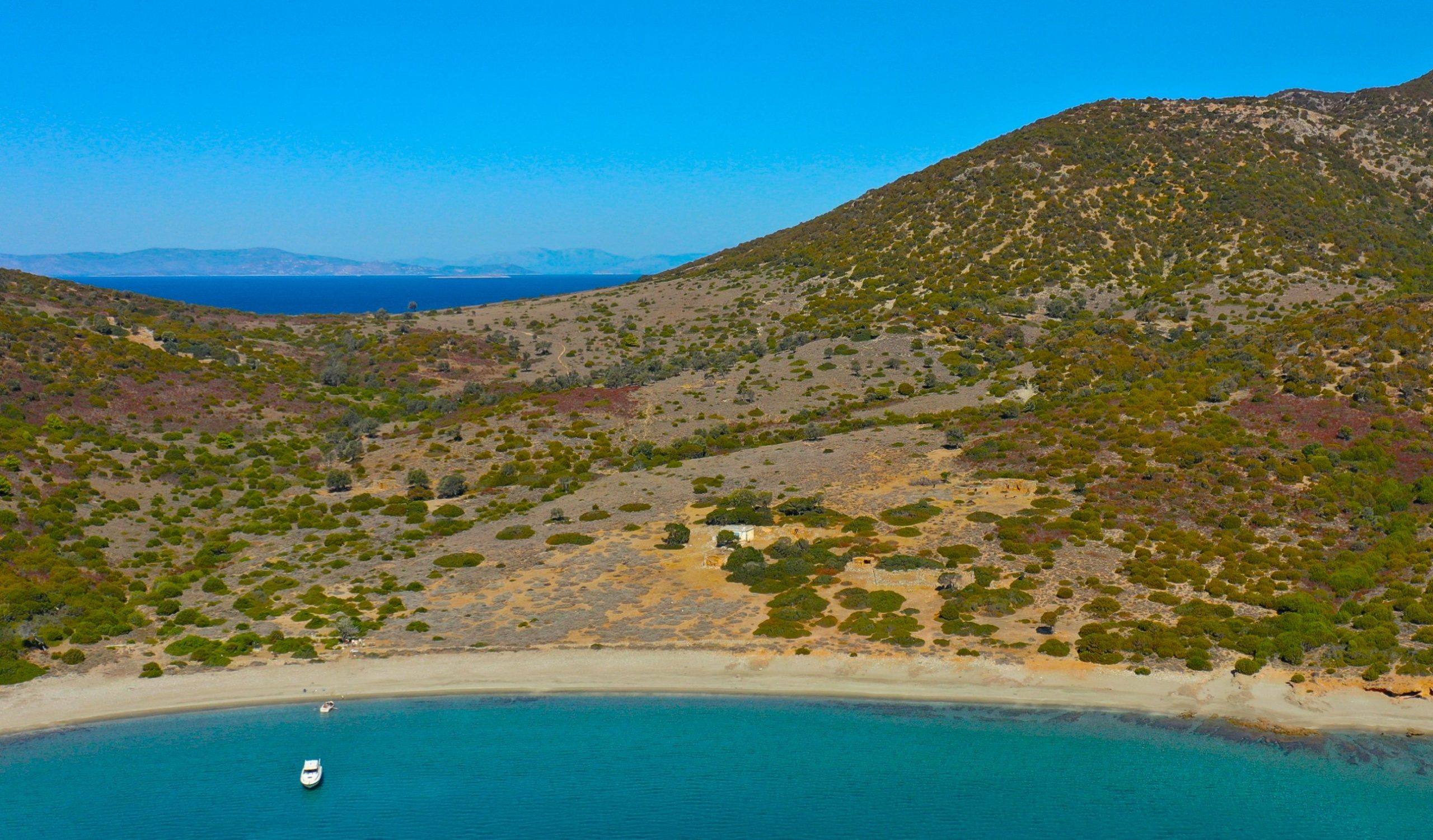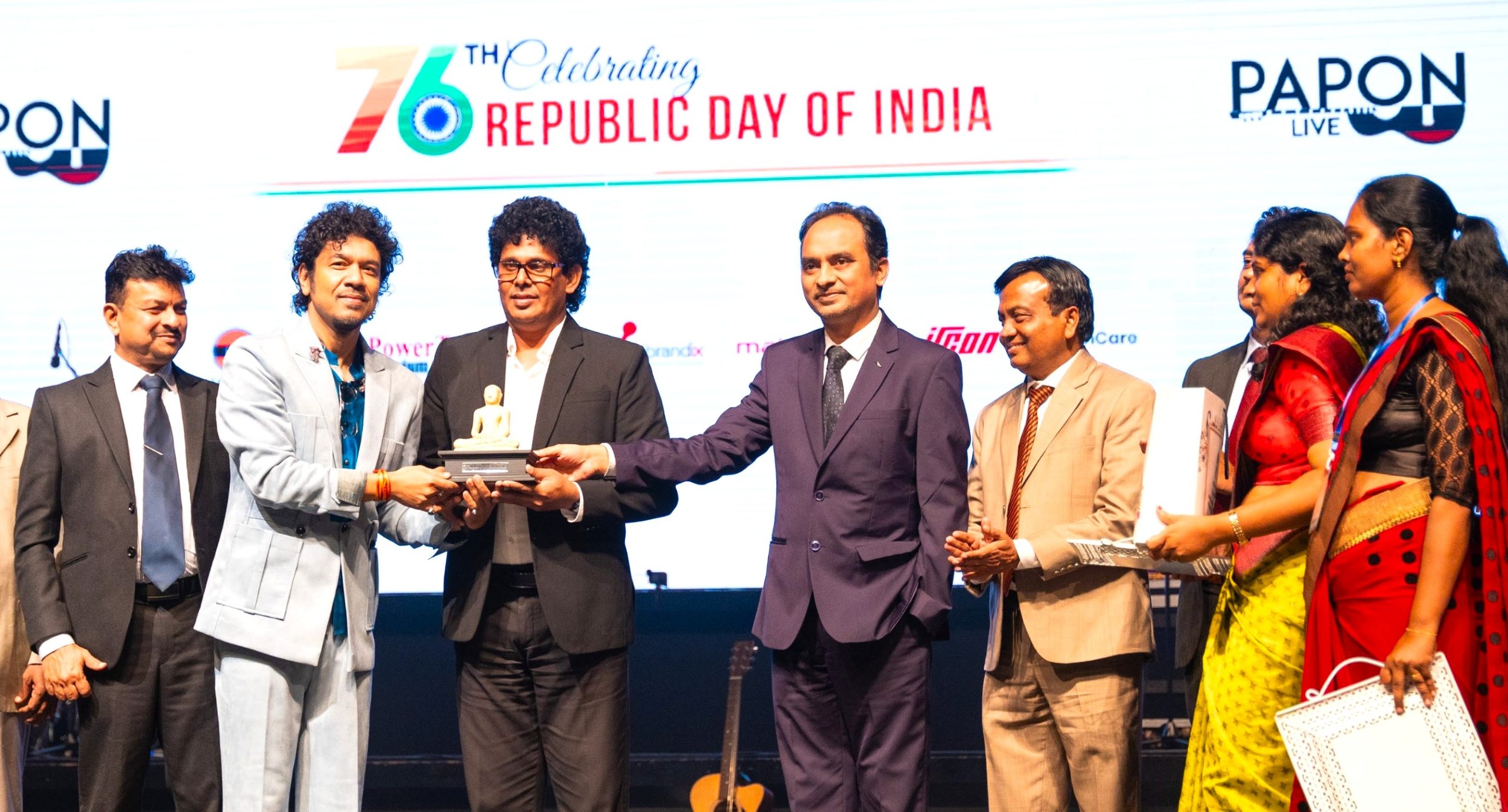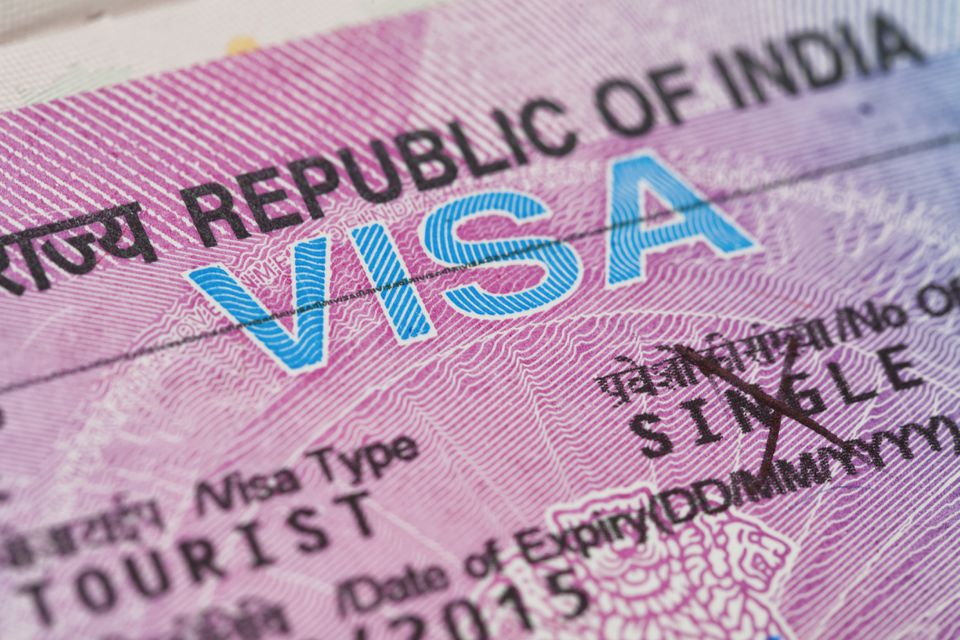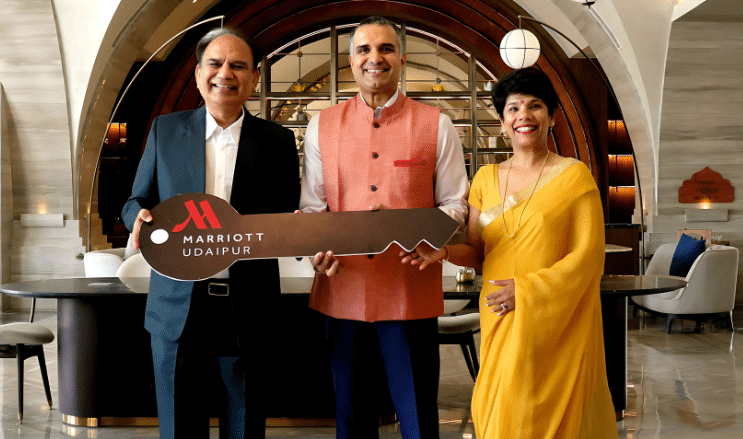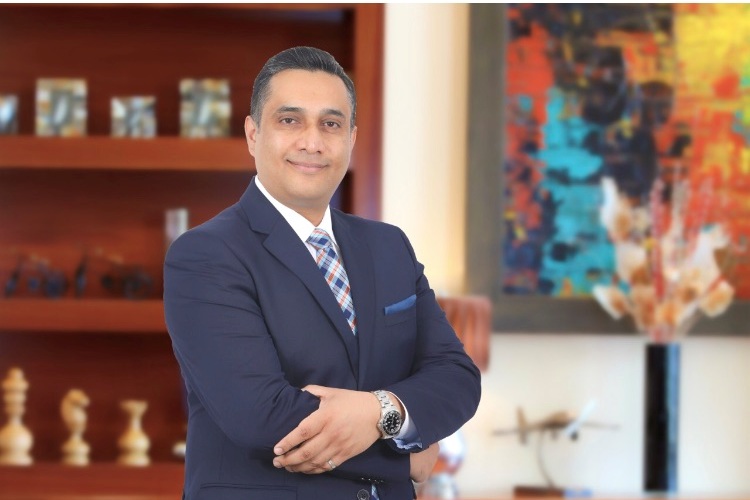A boy born to Gursikh Singh and Amrit Kaur on the 26 th of September 1932 in Gah, Punjab, Pakistan into a Sikh family. We know him today as Dr. Manmohan Singh. He lost his mother at a young age and migrated with his family during partition to Amritsar, where he studied at Hindu College. He attended Panjab University, then in Hoshiarpur,Punjab, studying Economics and got his bachelor’s and master’s degrees in 1952 and 1954, respectively, standing first throughout his academic career. He completed his Economics Tripos at University of Cambridge as he was a member of St John’s College in 1957. After Cambridge, Singh returned to India to his teaching position at Punjab University.In 1960, he went to the University of Oxford for the DPhil. From a young age he was very eager to learn and grow and he did. Later on he went to work for the United Nations Conference on Trade and Development (UNCTAD) from 1966–1969. He was appointed as an advisor to the Ministry of Foreign Trade by Lalit Narayan Mishra, in recognition of Singh’s talent as an economist.From 1969 to 1971, Singh was a professor of international trade at the Delhi School of Economics, University of Delhi. In 1972, Singh was chief economic adviser in the Ministry of Finance, and in 1976 he was secretary in the Finance Ministry.In 1980–1982 he was at the Planning Commission, and in 1982, he was appointed governor of the Reserve Bank of India under then finance minister Pranab Mukherjee and held the post until 1985.He went on to become the deputy chairman of the Planning Commission (India) from 1985 to 1987.Following his tenure at the Planning Commission, he was secretary general of the South Commission, an independent economic policy think tank headquartered in Geneva, Switzerland from 1987 to November 1990.Singh returned to India from Geneva in November 1990 and held the post as the advisor to Prime Minister of India on economic affairs.
In the year 1991 Manmohan Singh was sworn in as the Finance Minister to former Prime Minister P.V. Narasimha Rao’s Government. At this point, the Indian economy was still functioning according to the Nehruvian-socialist agenda, which, with the External debt pegged at 23 percent of Gross Domestic Product and Internal public debt amounting to 55 percent of the GDP, wasn’t faring too well for the country. Indian employment rates had gone down to a negative. There was minimal economic growth, and the manufacturing sector was in bad shape. In response to the above-mentioned crisis, the Finance ministry led by, the finance minister Manmohan Singh, initiated the economic liberalisation of 1991 with the support of the then Prime minister Narasimha Rao. The reforms did away with the Licence Raj, reduced tariffs and interest rates and ended many public monopolies, allowing automatic approval of foreign direct investment in many sectors.Since then, the overall thrust of liberalisation has remained the same, although no government has tried to take on powerful lobbies such as trade unions and farmers, on contentious issues such as reforming labour laws and reducing agricultural subsidies.By the turn of the 21st century, India had progressed towards a free-market economy, with a substantial reduction in state control of the economy and increased financial liberalisation.This has been accompanied by increases in life expectancy, literacy rates, and food security, although urban residents have benefited more than rural residents.World Bank loans had been taken for agricultural projects since 1972, these continued as international seed companies were able to enter Indian markets. In praise of Singh’s work that pushed India towards a market economy, long-time Cabinet minister P. Chidambaram has compared Singh’s role in India’s reforms to Deng Xiaoping’s in China.
In 1993, Singh offered his resignation from the post of Finance Minister.After the 2004 general elections, the Indian National Congress ended the incumbent National Democratic Alliance (NDA) tenure by becoming the political party with the single largest number of seats in the Lok Sabha. Despite the fact that Singh had never won a Lok Sabha seat, according to the BBC, he “has enjoyed massive popular support, not least because he was seen by many as a clean politician untouched by the taint of corruption that has run through many Indian administrations.”He took the oath as the Prime Minister of India on 22 May 2004. Singh was elected as the PM of a India not just once but twice. And during his tenure he did a lot extensive work in all the possible fields and sections of India like, in 2009 under Singh’s ministry Right to Education Act was introduced in India. He’s an economist, a politician, an academician, a bureaucrat and above all the man who saved Indian economy from the 1991 crisis. Again now due to the ongoing covid crisis the Indian economy and its people are in crisis. The economy has come to a stand still. Why can’t we take his advice on how to overcome the ongoing economic crisis? He has the experience and we have him. Asking him for advice to run the economy again would be a great idea.

Surjitt sahani

